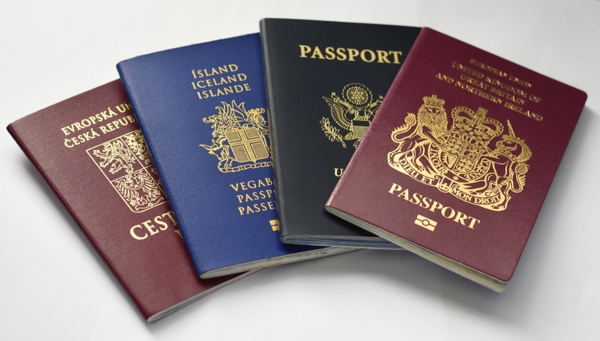Internet Data Privacy Tips & News
If you think that what you do and say online is private, you’re wrong. Internet privacy doesn’t exist. Both the government and for-profit companies may be watching what you do, either to sell your data or for more nefarious reasons.
More and more of what we do in our personal lives and in business takes place online, so avoiding the Internet isn’t an option. Instead, it’s prudent that you take steps to prevent your online activities from being monitored and recorded, creating some semblance of online privacy.
Browse Privately
Add extensions to your browser to stop third parties from being able to track your movements and to improve your data privacy. Browse in private mode to disable your history and web cache, and if you ever browse without private mode, be sure to clear your history and cookies on a regular basis.
Turn Off Tracking
Turn off tracking to prevent your browser from picking up wireless networks. If you keep this tracking on, your browser will send your IP address to Google Location Services, which is detrimental to data privacy. You also need to deactivate location services in places like your email program and on older Mac operating systems.
Use an Outgoing Firewall
An outgoing firewall will ensure that you approve any transmission before it leaves your computer.
Protect Your Data
Utilize tools to stop thieves from accessing your data. There are a variety of paid options and a few free ones. If you lack the technical know-how to put these measures in place yourself, pay an expert — it’s well worth the expense to know that your data will be protected.
Although it’s impossible to achieve total Internet privacy, you can and should take steps to prevent tracking and to improve the security of your data online. While the tips mentioned here are easy to implement, they should be considered the minimum. Stay up to date on the latest privacy news to learn what it is that you need to be doing to protect your privacy online.






